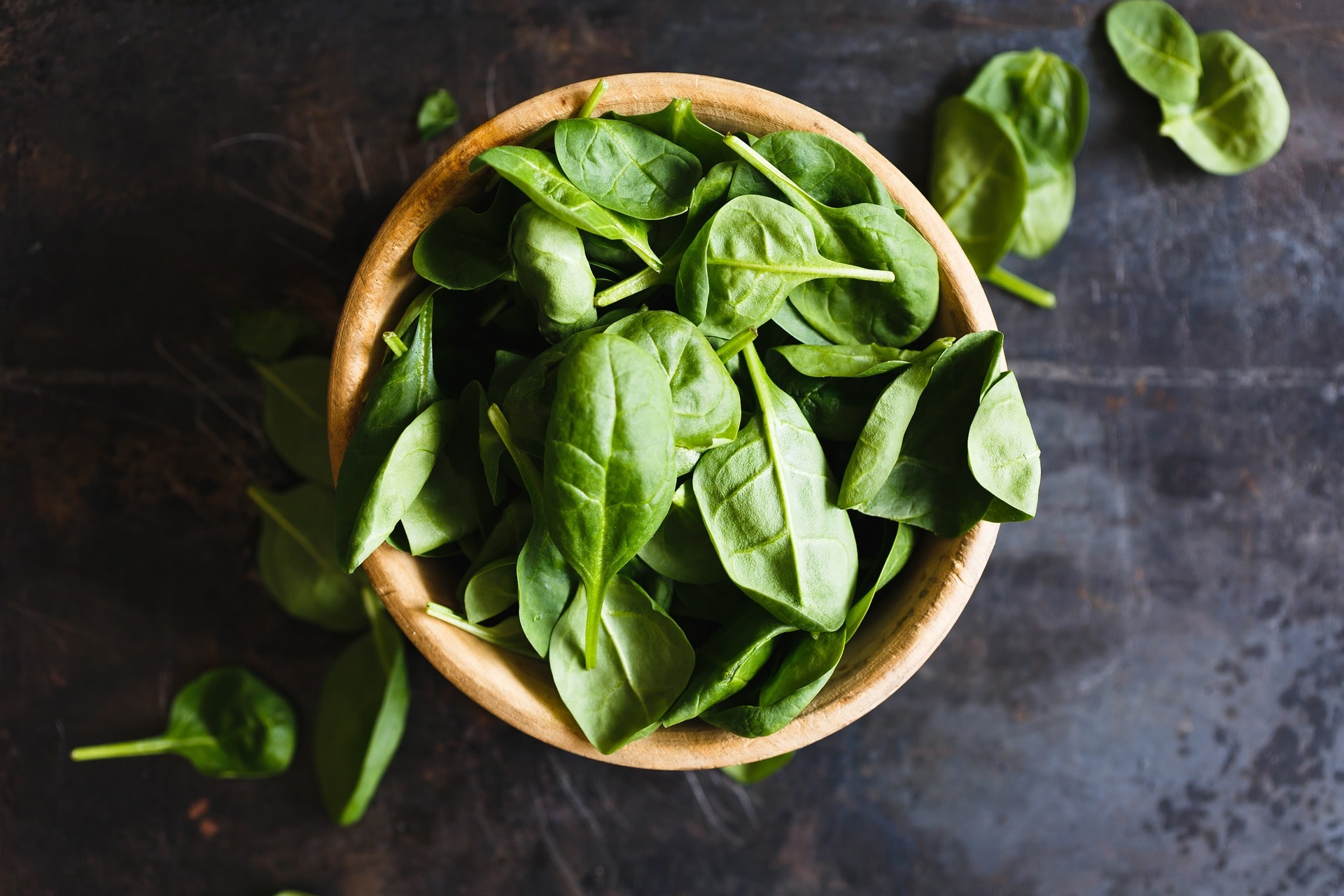science
What are the Health Benefits of Prebiotics?
On This Page

Learn the benefits of prebiotics for gut health, immune health, and feelings of fullness in this review of the research on prebiotics and probiotics.
There is a lot of talk of late about the benefits of prebiotics. The main source of this chatter has been the gut health world, but others have since joined in. Researchers in many areas of health are looking at the potential benefits of shifting the gut microbiome, where all the diverse microorganisms of our digestive tract live These include studies on prebiotics and immune, metabolic, and even urinary health.
Before we jump into the research on the benefits of prebiotics, let’s make sure we are clear on the definition.
What Are Prebiotics?
The colon, also known as the large intestine, is home to a wide variety of microorganisms, including bacteria and fungi, that together make up what is called the gut microbiome. While the thought of bacteria living inside of your body may be unsettling, these microbes play important roles in digestion and many other areas of health.
When you eat a meal, the food is broken down by your digestive system. Many of the macro and micronutrients from food are absorbed by your intestines and enter your bloodstream. Once circulating in the body, they are used for a variety of important functions.
But what about the nutrients that are not absorbed?
Prebiotics are a type of fiber that resist digestion. Instead of being broken down by acids or enzymes in your digestive tract, prebiotics pass through intact and are fermented by the beneficial bacteria that live in your large intestine. This fermentation process produces short chain fatty acids (such as butyrate), which support normal intestinal function.
Prebiotics include soluble fibers and resistant starches.
Prebiotics occur naturally in a variety of foods and can be isolated and added to products to increase their fiber content. Some common prebiotics are fructo-oligosaccharides (FOS) from agave, inulin from chicory root, beta-glucans from oats and baker’s yeast, and resistant starch from potatoes.
Now that you understand what prebiotics are, you may be wondering how they differ from probiotics.
Difference between prebiotics and probiotics
An easy way to remember the difference between prebiotics and probiotics is that prebiotics feed probiotics.
As we discussed above, prebiotics provide food for our intestinal microbiome. While we already have microorganisms living in our gut, we can also consume microbes from food, beverages, and supplements. These beneficial organisms are called probiotics and can be either bacteria or certain kinds of yeasts.
Probiotic supplements can come in pill or powder form. They contain bacteria like Lactobacillus or Bifidobacterium, or yeasts such as Saccharomyces boulardii.
Prebiotic supplements also come in pill or powder form. They can either be found combined with a probiotic, or in stand-alone form.
So while probiotics and prebiotics are clearly different, they are a great combination!
Benefits of Prebiotics
Research suggests that there may be many potential benefits of prebiotics.
Supports gut health
As discussed above, prebiotics feed probiotics, so the first area of interest to review is the role of prebiotics in gut health.
We know that the gut microbiome is responsible for a variety of important functions in the body, including immune system support, breaking down foods, and making certain important nutrients. Prebiotics can help support a healthy gut microbiome by feeding the beneficial microbes in your intestines.
Research suggests that prebiotics may help support regular bowel movements.
As we know from research, prebiotics and probiotics play well together. A review article found that combinations of prebiotics and probiotics supported healthy bowel movements. The researchers in that paper named specifically the health benefits of fructo-oligosaccharides (FOS) , and another review paper found benefits from a prebiotic called inulin. FOS can be derived from inulin, but they are not exactly the same.
It does appear that many types of prebiotics may help support gut health, according to this recent review paper.
May improve absorption of minerals
Animal studies have found that a variety of different types of prebiotics may help support the absorption of magnesium, calcium, and iron. While human studies are limited, what research there is suggests a link between probiotics and calcium absorption.
The reason why prebiotics help support absorption of minerals is not fully understood. One part of the reason, the research suggests, has to do with feeding the body beneficial bacteria that in turn release various absorption-promoting byproducts into our system.
Further research,looking at both probiotics and prebiotics,has found that prebiotics are more promising for their potential to improve mineral absorption and support bone health.
Helps support the immune system
Prebiotics may help support the immune system, according to research. Prebiotics can feed good gut bacteria and stimulate short chain fatty acid production (remember butyrate?). Butyrate has shown promising immune-supporting benefits.
May help with feelings of fullness
Have you ever noticed that you feel more full after eating a whole cup of cauliflower than you would after eating a cup of white rice? While there are many reasons for this, part of the reason is likely due to the prebiotics in the cauliflower.
Studies have found that prebiotics can help you feel more full. A scientific way of saying this is that prebiotics can “increase satiety”. This could be due to the gasses produced from bacterial fermentation of prebiotics, but there are likely multiple factors at play.
A human study found that prebiotics may influence certain hormones that are responsible for appetite. A trial in children concluded that prebiotic supplements may help with appetite regulation.
This impact on appetite may be part of the reason why prebiotics (and probiotics) may help support metabolic health, according to research.
Foods High in Prebiotics
Food sources of prebiotics include:
- Apples
- Artichokes
- Asparagus
- Cabbage
- Chicory
- Garlic
- Leafy greens
- Oats
- Whole grains
The Bottom Line
Prebiotics can feed the good bacteria in the gut microbiome and may help support gut and immune health. They have also been found to play a role in metabolic health and promote feelings of fullness.
While there are a variety of food sources, a prebiotic supplement can help ensure that you are getting your daily dose.



